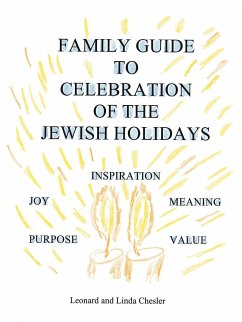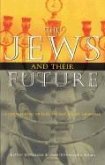This simple, introductory guide answers 100 of the basic questions non-Jews ask in everyday conversation. It has answers about Judaism and Jewish culture, customs, identity, language, stereotypes, politics, education, work, families and food. This guide is meant as a quick, introduction for non-Jews in business, schools, congregations, government, medicine, law enforcement, human resources who need a starting point in learning about Jewish neighbors and co-workers. It can lead to deeper conversations.








